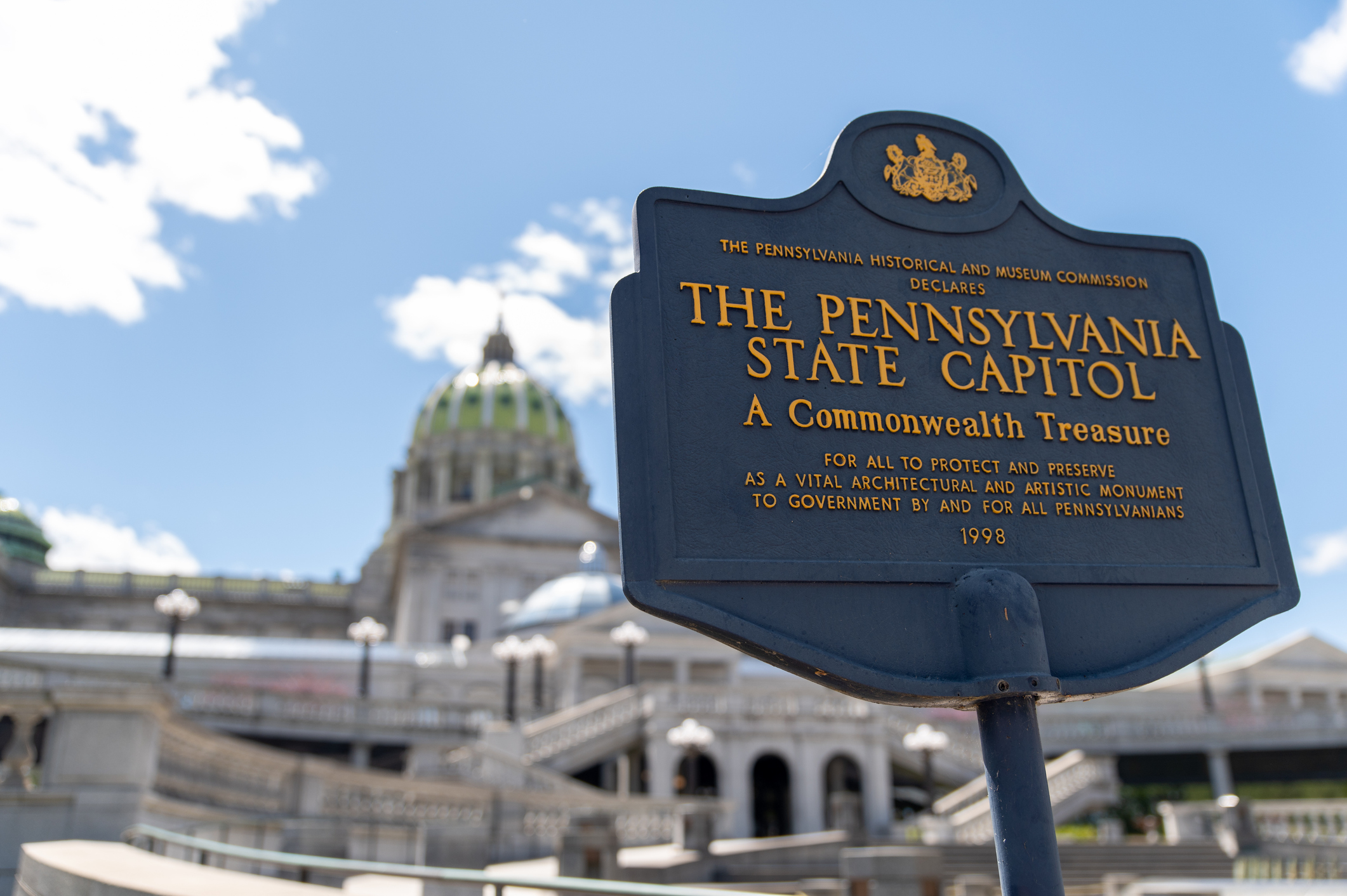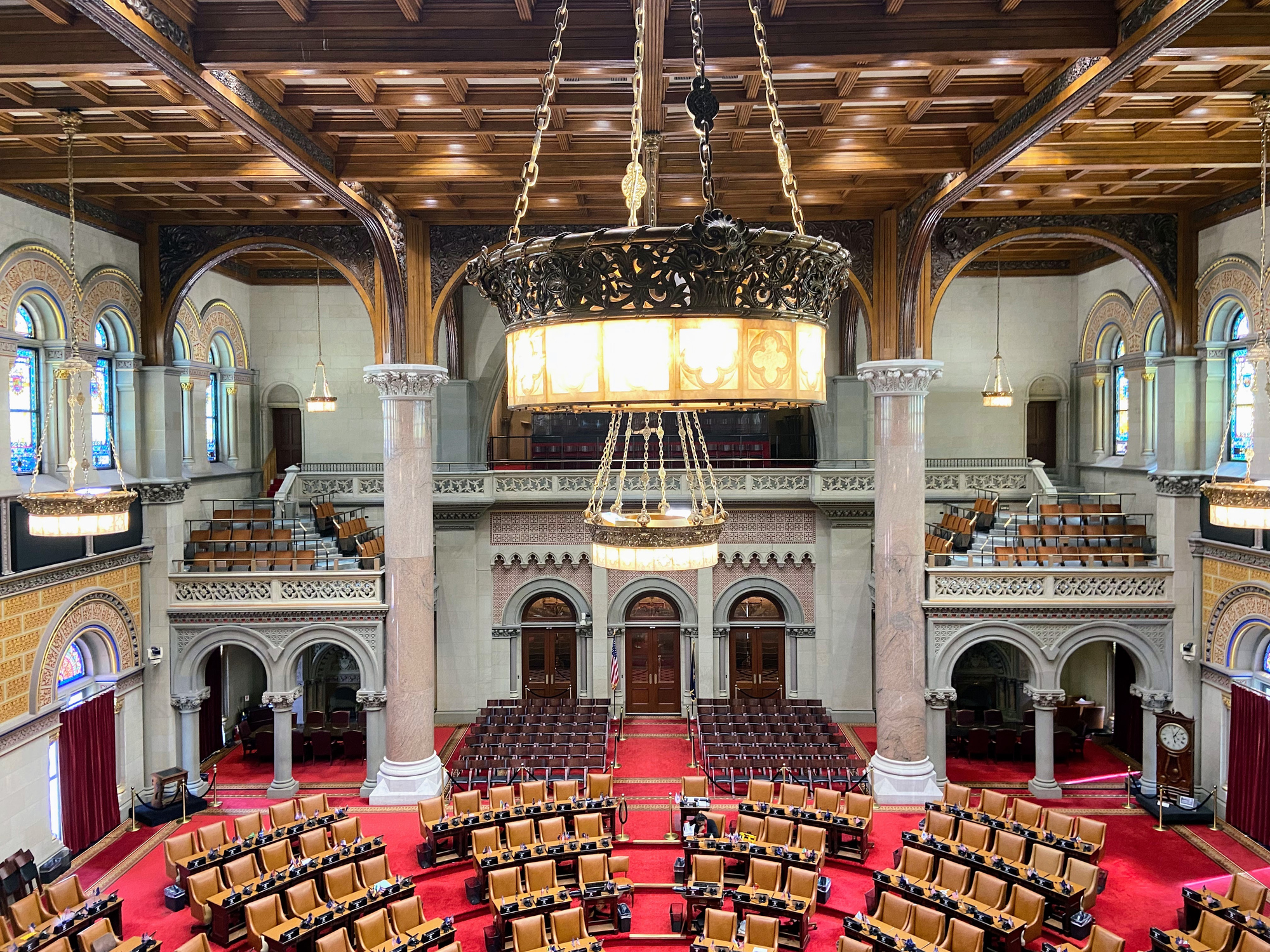While much of the focus in recent national conversations has been surrounding bans on single-use plastic bags, another environmentally-focused effort is being made to ban foam containers.

In today’s legislative update, we review some of the current proposals and speculate as to where they may head in the coming weeks and months.
Maine
Making news just this week is Maine Governor Janet Mills’ signing into law legislation which will ban “polystyrene” containers, effective January 1, 2021.
This marks the first successful attempt to ban Styrofoam containers, and the law will prohibit coffee shops, caterers, restaurants and grocers from issuing the to-go containers. This is in large part due to the fact that while these containers are technically recyclable, it is economically and logistically difficult and there are no facilities to recycle them within Maine’s borders.
Interestingly, Maine has banned these single-use containers at state facilities since 1993, however hospitals and state-funded meals on wheels program will be exempted from the ban.
Violators of the ban could face a fine of up to $100 per violation.
Maryland
Republican Governor Larry Hogan has yet to act on a ban that has passed through both houses of the Maryland Legislature. Lawmakers in the Old Line state had hoped to become the first state in nation, but were beat to the punch by Maine this week.
The ban, if approved, would take effect July 1, 2020. Under the proposal, county officials would be responsible for enforcing the ban, which could include issuing fines of up to $250.
Notably, this would only apply to products that are packaged within Maryland, including of course restaurants, food trucks, grocery stores etc. There are some exceptions, including for goods packaged outside the state such as ramen noodle containers, and foam packaging for raw meat, or other goods that are not intended for food service.
Supporters of the legislation point to the infamous Baltimore Harbor resident Mr. Trash Wheel, which is said to collect an average of 14,000 Styrofoam containers each month, or more than 1 million bits of polystyrene since it set sail in 2014.
The legislation has passed both houses with a veto-proof majority, so it will be interesting to see how Governor Hogan decides how to handle the matter.
Oregon
Currently making its way through the Oregon legislature, House Bill 2883 would institute a ban similar to those being proposed in other states.
If the ban were signed into law, businesses found to be using polystyrene containers could be subjected to fines of up to $250 per day. The bill initially failed in its first attempt to pass the Oregon House, falling just one vote shy in the face of united Republican opposition and seven Democrats who voted the measure down.
The following day, Representative Rachel Prusak, who had been absent from the first vote, returned to the capitol, giving Democrats the final vote they needed to send the measure to the Senate.
The Senate has yet to take up the bill, and there are currently no indications that it should be expected to see the floor in the near future.
Vermont
At the beginning of April, the Vermont Senate approved a relatively sweeping measure, S113, which would achieve of a number of environmentalist goals.
This far-reaching proposal would, among other things:
- Ban retailers from providing customers with polystyrene containers
- Eliminate the use of single-use plastic bags
- Require retailers to charge at least 10 cents per single-use paper bag
- Require restaurants to provide plastic straws only at specific request by the customer and not as standard practice
If approved, these changes would take effect as early as July 2020.
While each of these proposals has been seen in some form in a number of states, the combination of all of them into one bill is somewhat unique to the Green Mountain State to date.
The bill now awaits action in the House, and, ultimately the signature of Governor Phil Scott. Governor Scott has been quoted as saying he is “not opposed” to a plastic bag ban in principle, though may have some concerns with specific other measures included in this bill.
Latest News
Photo credit: iStock.com/Hamburg Studios As Pennsylvania continues to navigate an evolving energy landscape, state leaders are proposing new approaches to ensure reliability, affordability, and sustainability. Governor Josh Shapiro recently announced his “Lightning Plan”, a six-part [...]
Photo credit: iStock.com/Ray Tan As the impacts of climate change intensify, several U.S. states are taking legislative steps to address the mounting costs of adaptation and resilience. New York, New Jersey, and Vermont have recently [...]
In this episode of The Back in Session Podcast, hosts Ryan Stevens and Ryan DeMara are joined by Brendan Williams from PBF Energy. They delve into the state of energy policy, the refining sector, and [...]
Photo credit: iStock.com/krblokhin Solar energy deployment has continued to increase, but the spread of new projects is not comprehensive. The National Renewable Energy estimates that 42% of households cannot access behind-the-meter solar. To address the [...]






Stay In Touch